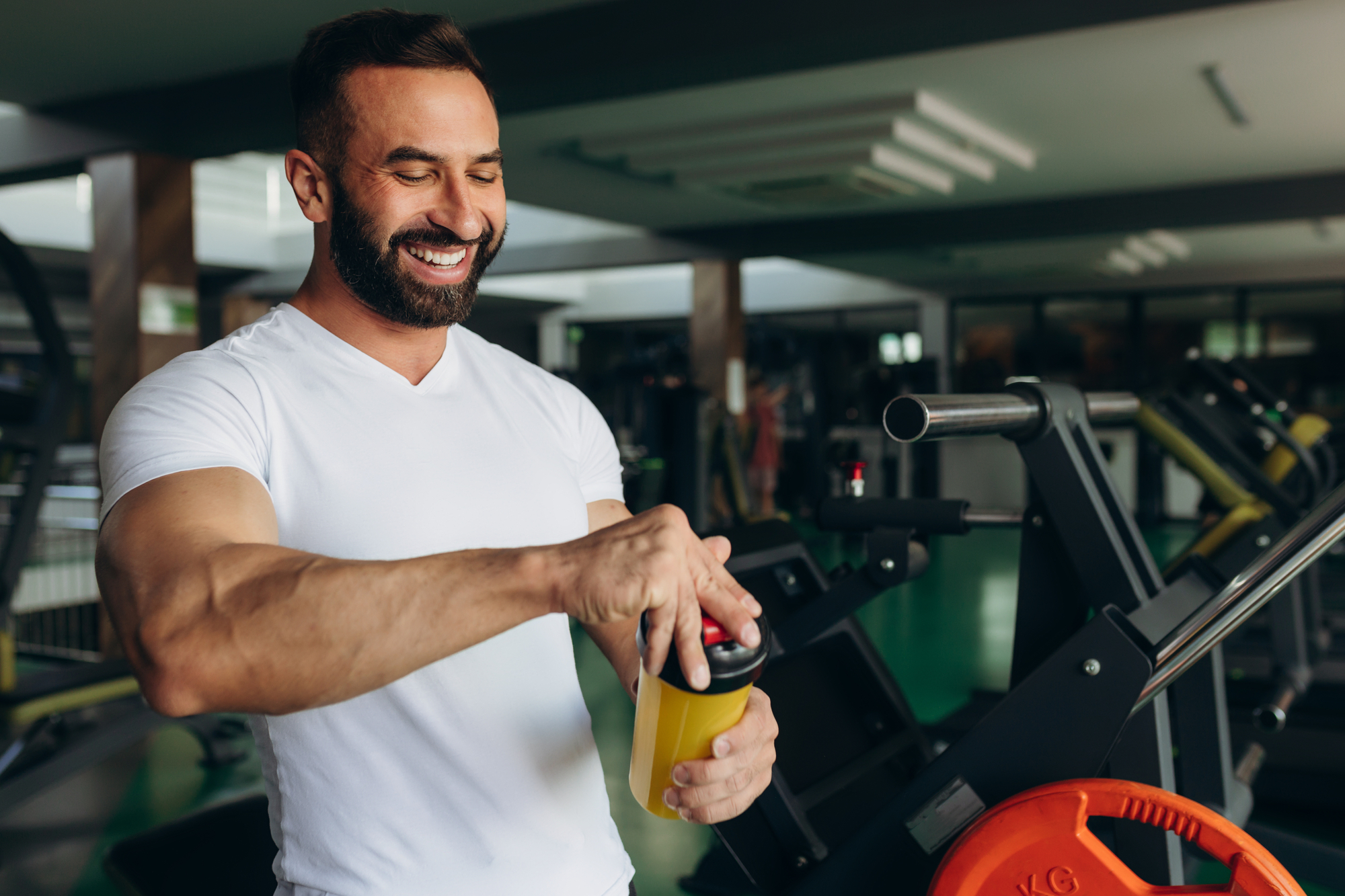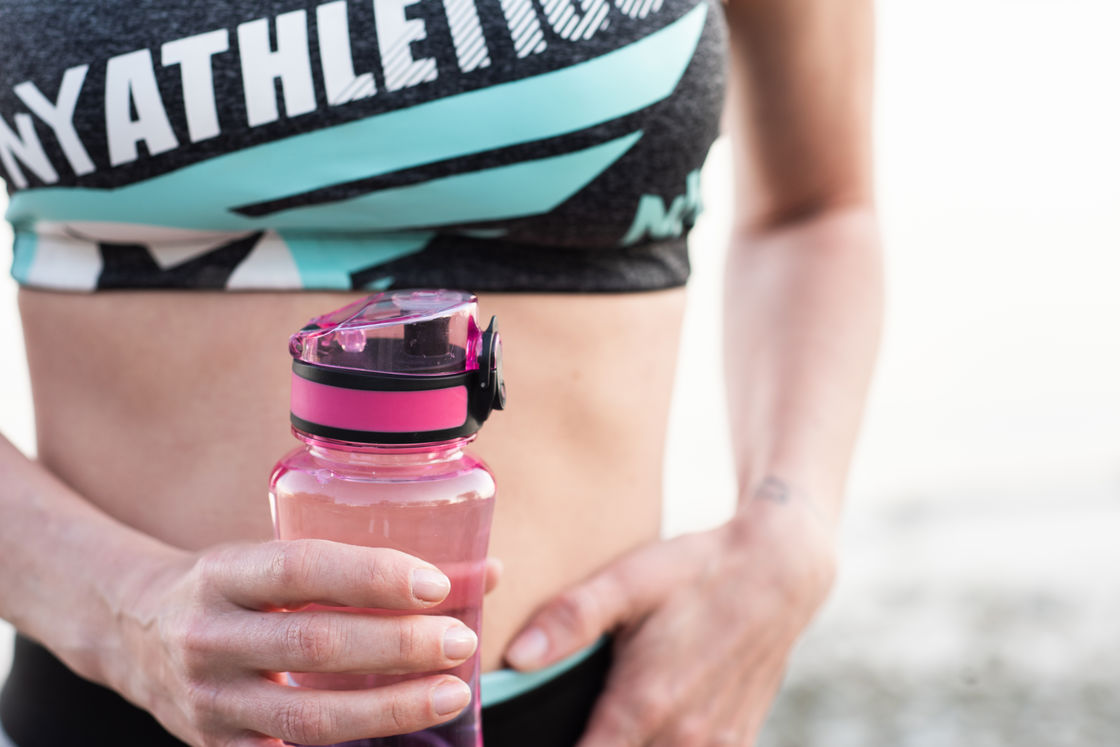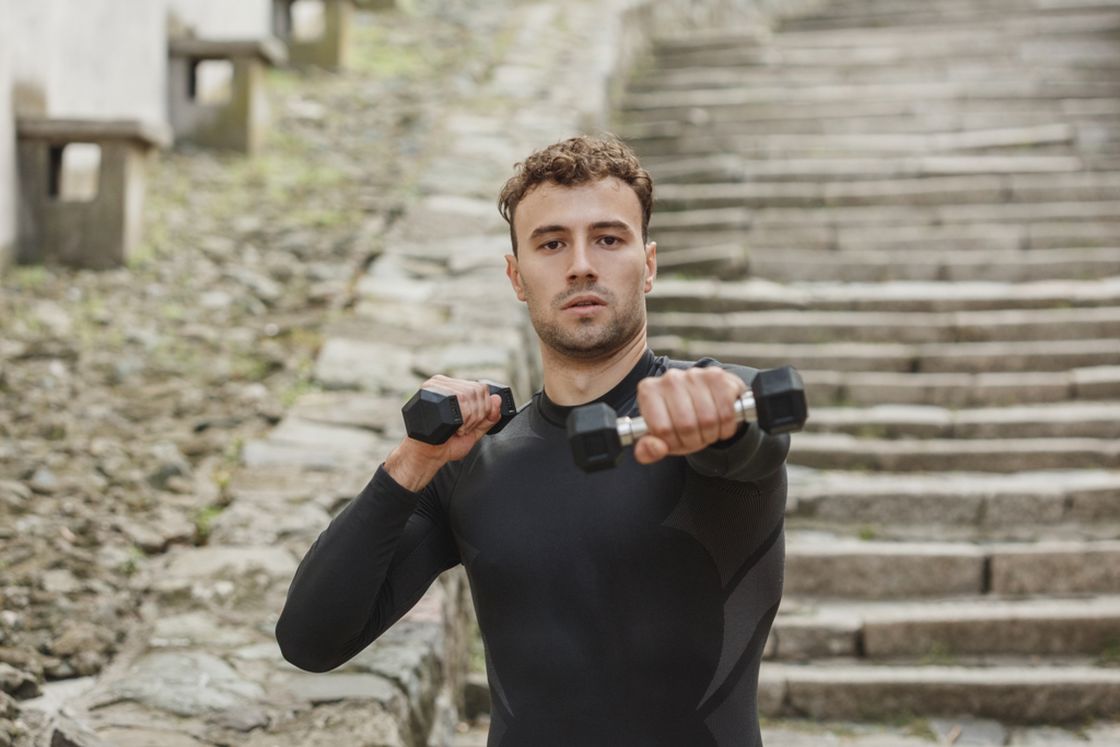Often wondering if there’s an electrolyte drink without sugar, I’ve faced the common challenge of avoiding hidden, harmful sugars in popular options. Recognizing the impact of added sugars on our health and hydration, this article offers straightforward insights into creating your own electrolyte drink, understanding sugar’s effects, and addressing relevant, practical questions.
Is There an Electrolyte Drink Without Sugar?
Yes, sugar-free electrolyte drinks do exist. Numerous brands on the market such as LMNT offer electrolyte replenishing beverages without the added sugars, catering to those mindful of their sugar intake.
These drinks aim to replenish vital minerals and salts without the potential downsides associated with sugar consumption, offering a viable hydration alternative for health-conscious individuals.

The Best DIY Electrolyte Drink Without Sugar
Transitioning from the availability of commercial sugar-free electrolyte drinks, let’s gently steer into the realm of homemade alternatives. Crafting a DIY electrolyte drink without sugar at home is quite feasible and also refreshingly simple! It enables you to have control over the ingredients, ensuring they align perfectly with your dietary desires and requirements.
A straightforward recipe might include:
- 1 liter of water for hydration
- 1/4 teaspoon of salt, replenishing sodium
- 1/2 cup of fresh orange juice, supplying potassium and a natural sweetness
- 2 tablespoons of lemon juice, adding a zesty flavor and vitamin C
Optional: A pinch of magnesium powder or a magnesium-rich food source like soaked chia seeds.
Gently mix all these ingredients together, and voilà, your homemade, sugar-free electrolyte drink is ready to refresh you! Remember, the key here is to balance electrolyte-rich ingredients without relying on added sugars or artificial sweeteners, keeping your hydration naturally in check.
An Even Easier Way to Hydrate
After exploring the DIY approach to sugar-free hydration, let’s consider a more effortless method. Hydrating doesn’t always necessitate a specific electrolyte drink, like sports drinks. Often, straightforward sources of electrolytes like water, coupled with a balanced diet, efficiently serve the purpose of maintaining electrolyte balance.
A consistent intake of water throughout the day remains a pivotal factor in maintaining hydration. Coupling it with foods rich in electrolytes, such as bananas, oranges, and spinach, can effortlessly uphold your electrolyte levels without resorting to specialty drinks.
The takeaway here: simple hydration through water and a mindful diet can be a straightforward and effective method to ensure you’re meeting your electrolyte needs without the need for specialized drinks.

The Dangers of Processed Sugar
In light of our exploration into hydration, you might be wondering, why is it so important to avoid sugar? Understanding processed sugar reveals its pervasive presence even in seemingly “healthy” options like some electrolyte drinks. Astoundingly, the average American consumes about 152 pounds of sugar annually. Wondering how bad it is?
Obesity
Turning our lens toward obesity, particularly in the context of electrolyte drinks, we find an intricate connection. While these beverages claim to replenish and revitalize, those laden with sugar can unwittingly contribute to weight gain, subtly sabotaging fitness goals by adding unnecessary calories and spikes in blood sugar. Scary, right?
Chronic Diseases
Shifting focus towards chronic diseases, it’s crucial to pinpoint that even drinks intended for health and hydration, if they contain excessive sugar, could potentially push consumers towards a path of chronic health issues. Quite a counter-productive drink then, no? For instance, continuous consumption of high-sugar electrolyte drinks might jeopardize heart health.
Added Sugar Consumption
Lastly, reflecting on added sugar consumption, it becomes evident that even products like electrolyte drinks, often perceived as beneficial, can be culprits of unseen sugar intake.
This highlights the importance of mindful choices when it comes to electrolyte drinks.
Signs & Symptoms of Electrolyte Deficiencies
Having just delved into the darker side of sugar, especially within electrolyte drinks, it is pivotal to grasp why ensuring an apt intake of electrolytes—minus the excessive sugar—is vital. A reported statistic by the World Health Organization underscores that electrolyte imbalances may influence various bodily functions, highlighting its importance.
Common signs of electrolyte deficiencies include:

- Muscle cramps or spasms: Experiencing frequent muscle cramps or spasms? This could be indicative of an electrolyte imbalance in your system.
- Weakness or fatigue: If you’re feeling an overwhelming sense of weakness or fatigue, it might be time to evaluate your electrolyte levels.
- Irregular heartbeat: An irregular heartbeat isn’t just unsettling; it can also be a clear sign of an electrolyte deficiency.
- Headaches: Constant headaches troubling you? It’s possible that a lack of essential electrolytes is the underlying cause.
- Nausea: Facing bouts of nausea without a clear cause? An imbalance in electrolytes might be the culprit.
- Numbness or tingling: If you’re feeling sensations of numbness or tingling, it’s essential to consider the possibility of electrolyte issues.
Recognizing these symptoms is the first step towards pinpointing an underlying electrolyte deficiency. Addressing the imbalance is crucial, and dietary adjustments can often provide the solution. Choose low-sugar drinks to ensure you’re replenishing without any consequences.
Related Questions
Do You Need Sugar for Hydration?
While sugar can aid in quick energy replenishment, it’s not essential for hydration and, in excessive amounts, can detract from the health benefits of fluid intake.
Should Electrolyte Drinks Be Without Sugar?
Electrolyte drinks can be without sugar, providing essential minerals for hydration without the potential adverse effects of added sugars on overall health.
How Much Sugar Should Electrolyte Drinks Contain?
Ideally, electrolyte drinks should contain minimal to no added sugar, ensuring hydration without unnecessarily increasing daily sugar intake.
Conclusion
In exploring our hydration needs, considering sugar-free options or minimizing sugar intake becomes pivotal. It’s not just about quenching thirst. It’s about doing so in a way that supports our overall well-being. Let’s choose wisely and hydrate smartly.